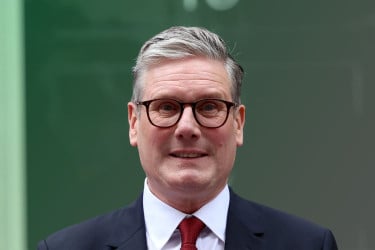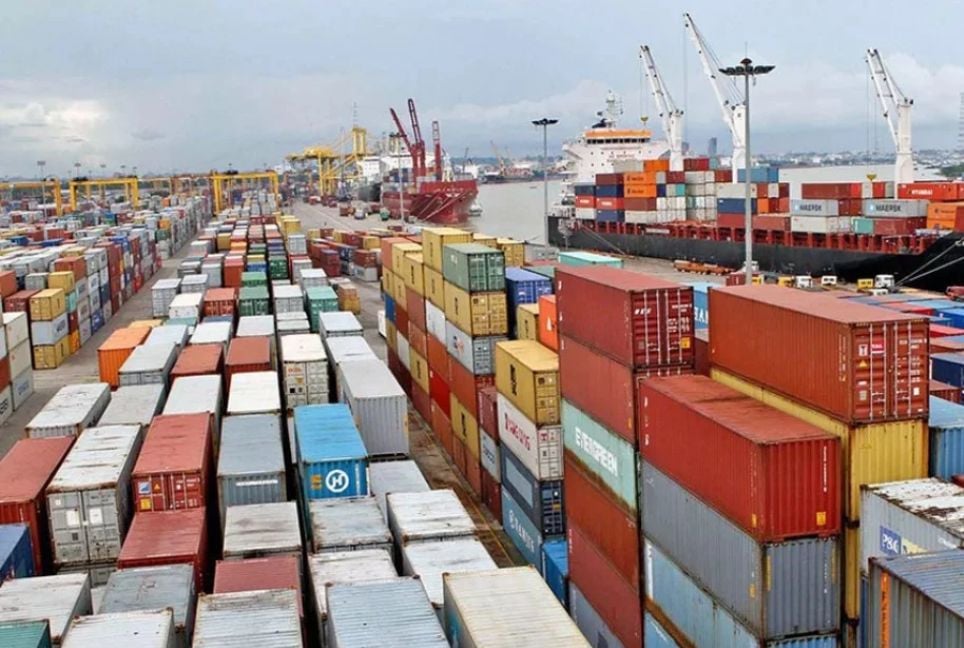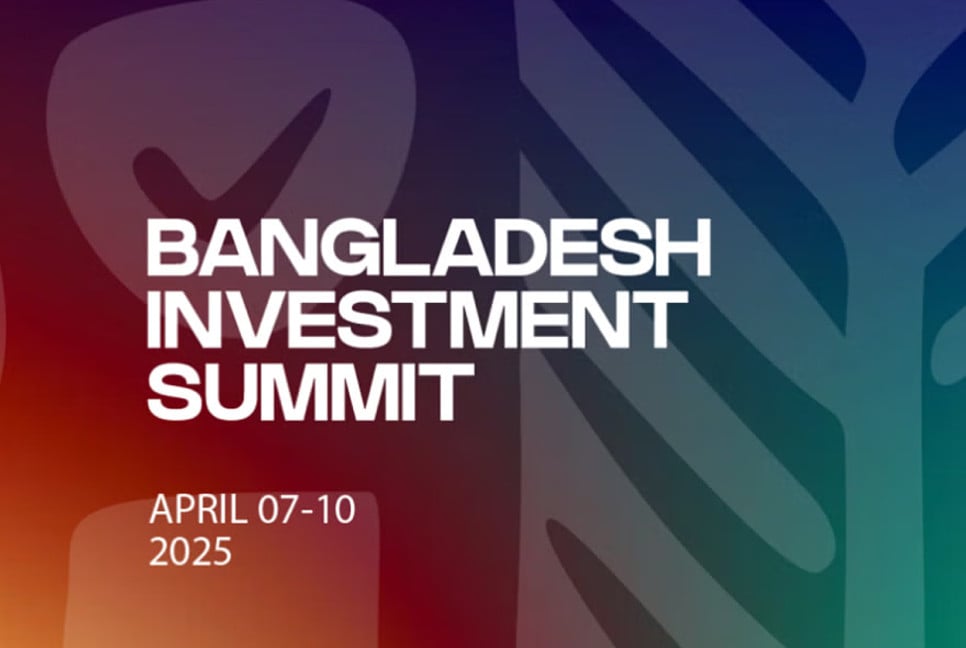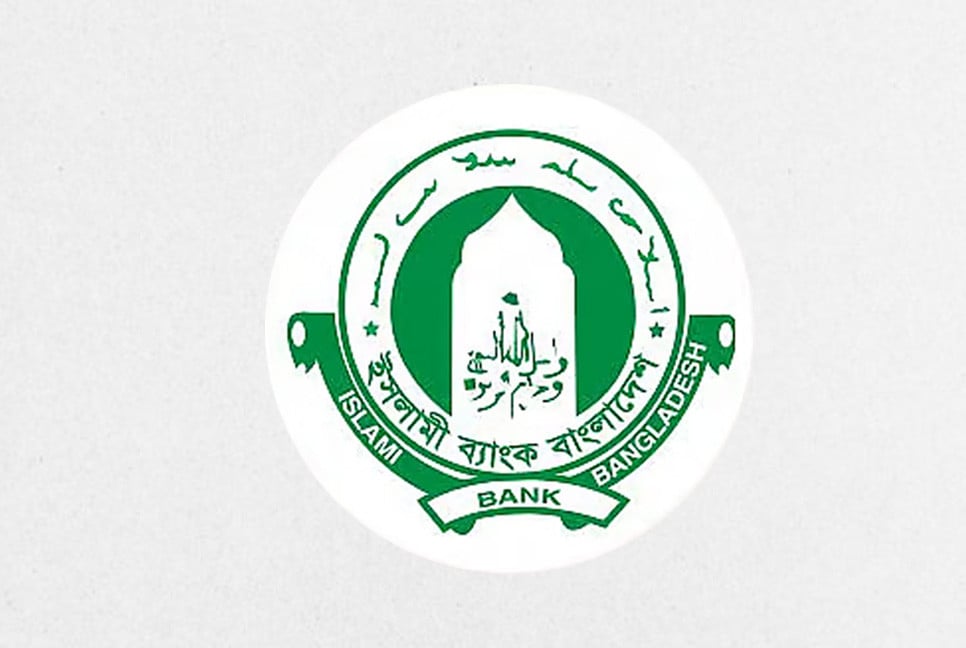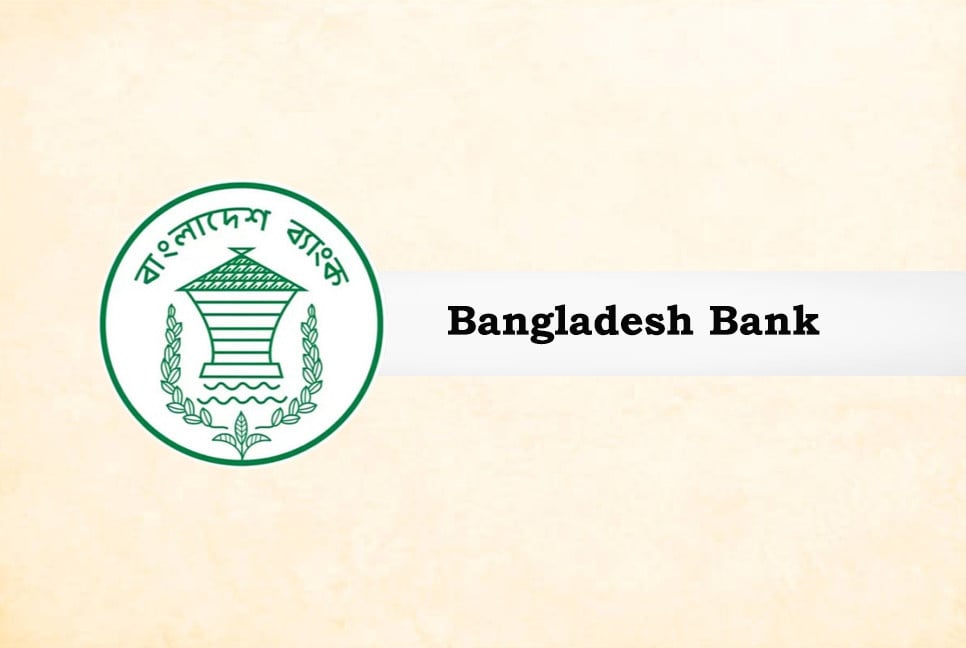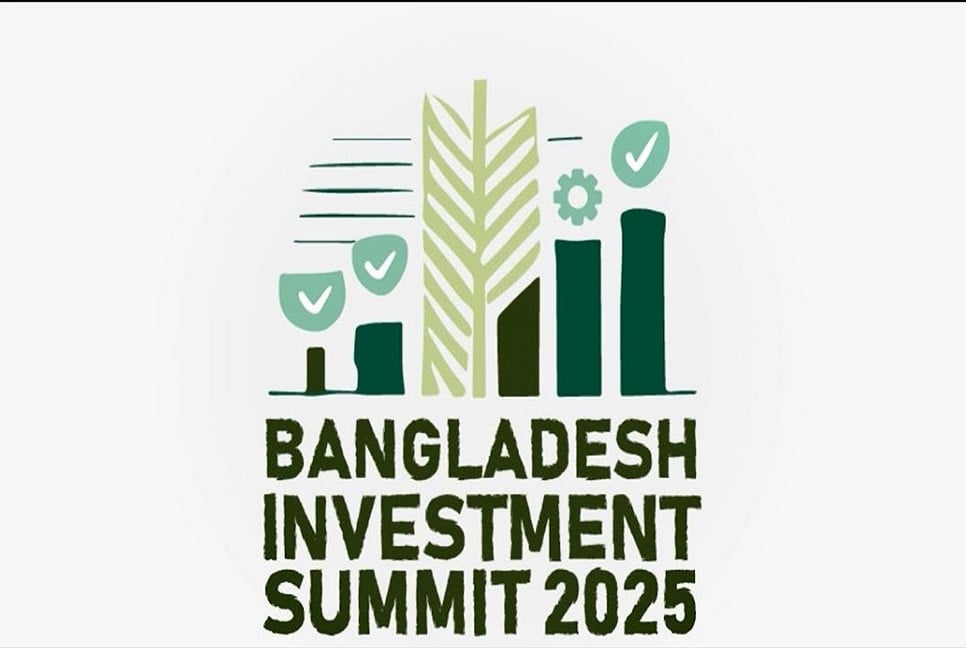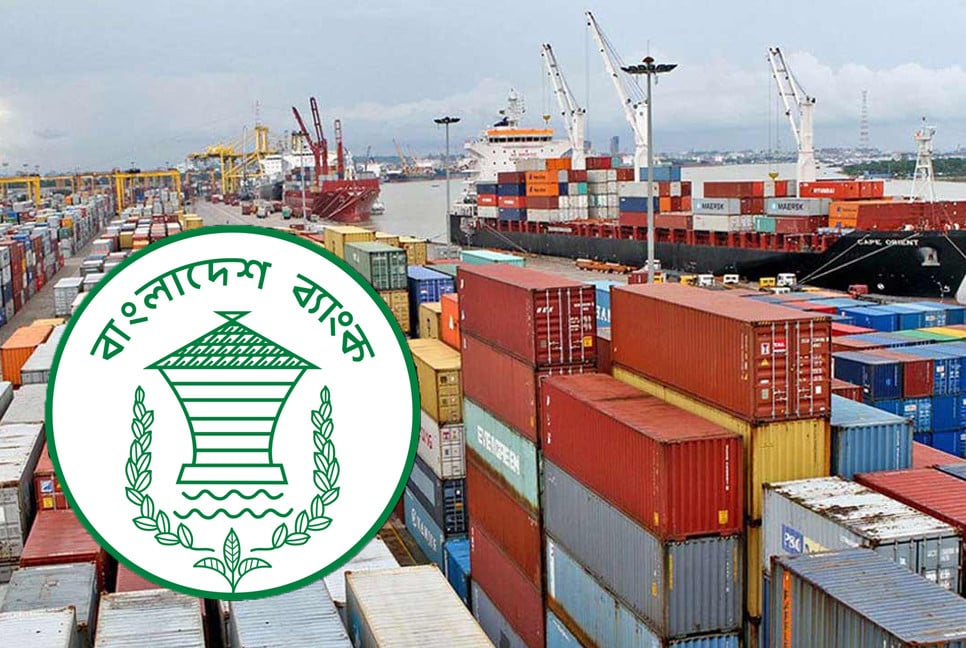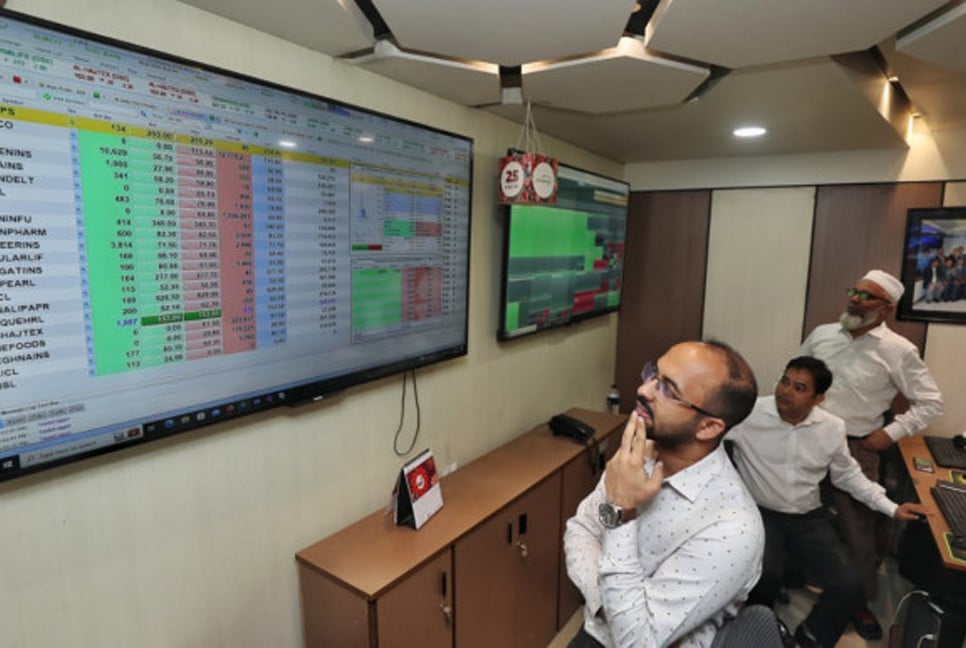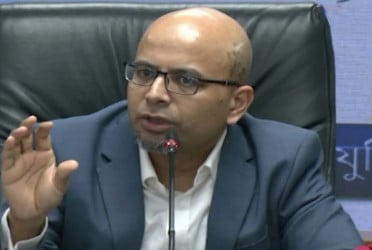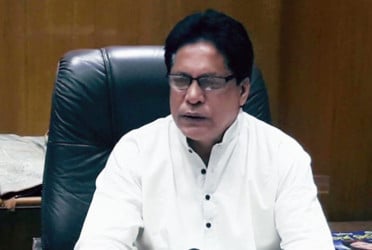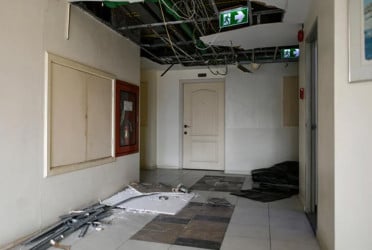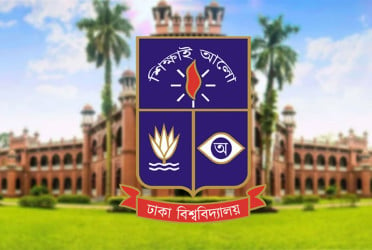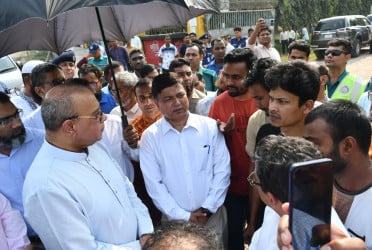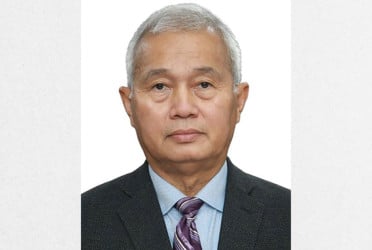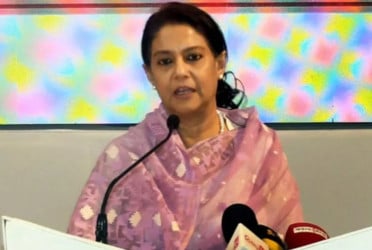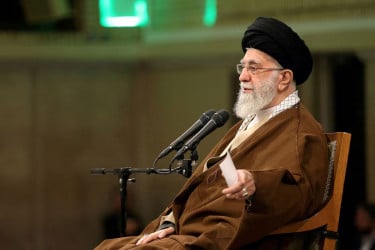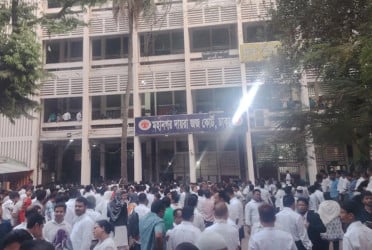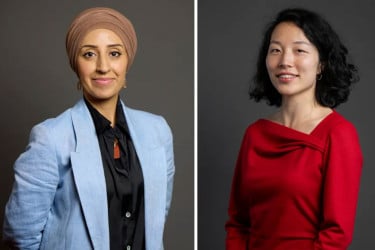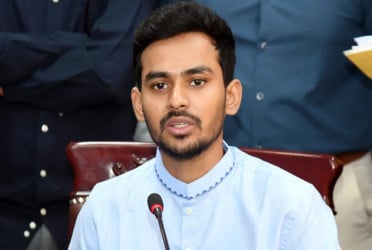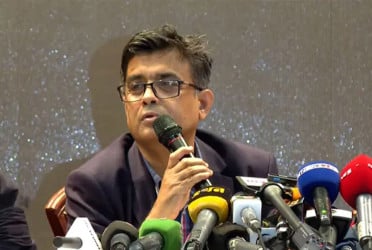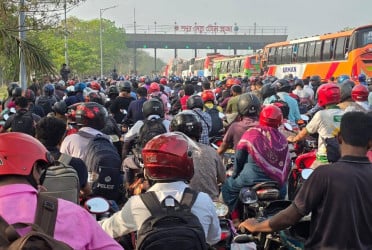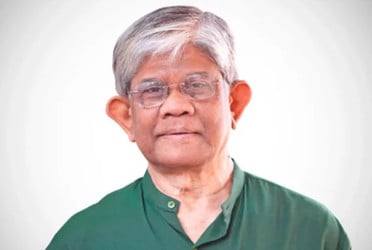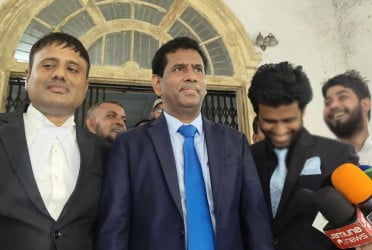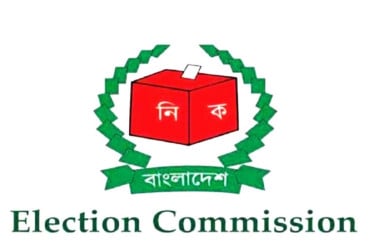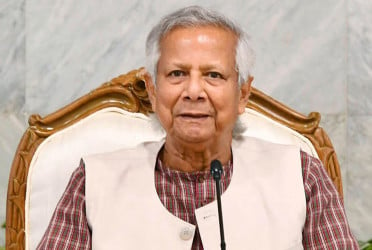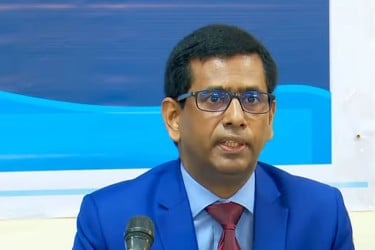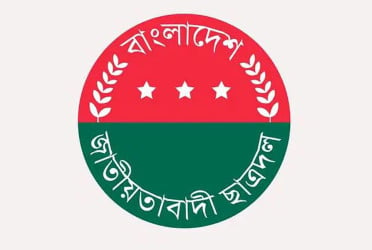The interim government has assured the public that no business establishments in the country will be closed, emphasizing that businesses will remain operational. Government officials have reiterated their commitment to supporting the economy by fostering investment and creating job opportunities. Senior policymakers have consistently affirmed this stance in recent statements, aiming to reassure both local and international investors.
The comments were made during the third Bangladesh Economic Conference, titled *'Discrimination, Financial Crime, and Healing the Bangladesh Economy,'* which was held yesterday at the Sonargaon Hotel in the capital. The event was organized by *Dainik Banik Barta* and brought together key figures including the Finance Advisor, Trade Advisor, Governor of Bangladesh Bank, Chairman of the NBR, economists, and business leaders.
During the conference, speakers emphasized the need to expand business opportunities as a key step toward addressing inequality and driving change in the country. They stressed that overcoming the current challenges and fostering a more conducive business environment would be crucial for unlocking stagnant investment and creating new employment opportunities.
Dr. Salehuddin Ahmed, the Chief Guest at the conference and Financial Advisor, stated, "The interim government has no personal agenda, our agenda is the interests of the country. We are trying. We want to leave a footprint, which any government that comes to power in the future should implement. The people should be satisfied with the footprint we leave. Then the people will put pressure on the political government, why are you not doing this?"
Dr. Salehuddin said, "We have taken short, medium and long-term plans. Of these, we will be able to implement the medium-term plan. The long-term ones will be implemented by the elected government."
New Trade Advisor Sheikh Bashir Uddin assured businessmen of his support, saying, "I will reduce the operating costs of businesses with my power and ability. You have a responsibility for the resources you have. You use the resources to produce adequate products. Make them easily available to consumers." He also addressed long-standing issues, stating, "The big problem of the last 15 years. The way everyone has been criminalized must be removed. The way we have politicized business, sometimes it is embarrassing to identify as a businessman. Implementing as a private sector player (entrepreneur) is my area of expertise. My job is to remove the frustration of businessmen with the difficulties of doing business."
Bangladesh Bank Governor Dr. Ahsan H. Mansur said in his speech, "The bank accounts of no business institution in the country have been closed. Appointing a receiver does not mean closing. Efforts are being made to keep any company alive."
He further said, "Giving a receiver to Beximco does not mean closing it, rather it is being activated. Because, for the past few months, Beximco's salaries and allowances have been paid by the government. They were not able to pay the workers' wages for a few months. Now, with the installation of the receiver, the company will be activated. At the same time, we will also see to it that Beximco's export money does not go to waste and that it returns to the country."
Regarding the current economic situation, the Governor said, "There will be no famine in Bangladesh. Our growth has not slowed down. We are passing four months, I will have to give it eight more months to reduce inflation. Then we will be able to bring inflation down to 5 to 6 percent. In the current reality, the growth rate in the country will decrease somewhat. But to achieve stability, the central bank has been holding discussions with banks and business organizations in phases. Now the macro economy must be kept stable. Otherwise, there will be no investment. For this, businessmen will also have to be patient. Our aim is that those who have embezzled money from the banks should return it. Efforts are underway to bring back the money that has gone abroad. All kinds of initiatives, including bilateral agreements, have been taken to bring back the laundered money, and progress has been made."
The governor said, "The banking sector has been the most affected in the past. However, not everything will be solved quickly. Because a family has taken 23,000 crores of the 27,000 crores of assets of a bank. I don't have magic in my hands there. However, I can say that no bank will close. Weak banks are not able to withdraw money, so they are being given liquidity support, all problems will be solved."
Dr. Ahsan H. Mansur said, "The Bank Regulation Act will be enacted, through which all powers will come into the hands of the central bank, it will be done legally. As a result, everything including bank mergers and acquisitions will be possible. Capital will be injected into some banks, new investments will have to be brought into some banks. A legal framework is needed to do all this; that work is being done now. This weakness of the financial sector has left its mark on the country's economy. Its consequences have to be borne. The situation is at such a level that it has not been possible to do anything forward-looking so far; rather, it has to bear the consequences of the past and do corrective work."
National Board of Revenue (NBR) Chairman Md. Abdur Rahman Khan said, "The NBR prioritizes national interests in policy making. That is why many exemptions have been given in taxes and duties on daily commodities in the last three months. Even if revenue collection declines due to any policy, national interests are prioritized."
Former caretaker government advisor and PPRC executive chairman Dr. Hossain Zillur Rahman said, "Importance should be given to the country's macroeconomics, investment and employment creation. To create employment for the 40 percent unemployed in the country and make the lives of the common people easier, attention should be paid to commodity prices. New sectors should be found to ensure the country's growth. Especially, considering the garment sector as one of the most important sectors of the future, the agricultural sector should be given back-to-back LC and bonded warehouse facilities."
He said, "Vanity projects have been implemented in the last 16 years. There is no real need for these projects. A political-economic perspective is needed to overcome the weaknesses of the macro economy and solve the country's employment and investment problems. Currently, there is no major investment in the country. As a result, instability prevails."
He criticized the interim government and said, "The interim government is not taking effective steps to encourage entrepreneurs to invest. The government's activities are limited to Dhaka only. Their activities are not visible on the ground."
Former Commerce Minister of the BNP government Amir Khasru Mahmud Chowdhury said, "Bangladesh's out-of-pocket expenditure is higher than Afghanistan's. Yet a huge amount of money is being invested in mega projects. There must be democratic accountability in the country. Foreign investors want to invest through elected representatives. Foreigners expect a stable environment for long-term investment. The government's budget resource allocation is wrong. To get the demographic dividend, emphasis must be given to the education and health sectors."
National Bank Chairman and former FBCCI President Abdul Awal Mintu said, "A contractionary monetary policy is being adopted in the private sector in the country. But an expansionary policy is being followed in the government sector while spending. This inequality has hampered the country's development. This contractionary monetary policy is strangling the private sector. Investment and employment are not being created. There are many inequalities in our society, which need to be reduced by creating wealth. But the businessmen who create the country's wealth do not have the power to distribute it. Again, one class is distributing it, and they are looting it again."
The BNP vice chairman said, "Two parties have been formed in this society. One is a wealth creator, the other is a looter. The looters always blame the businessmen, which is not right. We need social capital to fix this. We need proper implementation of the law. No one trusts anyone in this society. They consider each other as enemies. In this country, politicians consider those who work with the economy as opponents. And the people in the economy do the same."
East Coast Group Chairman Azam J. Chowdhury said, "The supply and production of fuel must be given utmost importance. Fuel is the main driving force of the country's economy. If the supply and production of fuel is not given utmost importance, the industrial, economic and business sectors will all suffer."
Former MCCI president Nihad Kabir said, "Bangladesh has good laws. But the laws are not implemented."
City Bank MD SM Mashrur Arefin said, "The bank looting is over. Now the condition of the bank will not get worse. Defaulted loans are now in a terrible state. Now the government has to pay attention to speeding up the business. If business slows down, defaulted loans will increase further."
BRAC Bank Managing Director Selim RF Hossain said, "For the past 15 years, there has been a tide of irregularities, anarchy, and corruption in our banking sector. In the past few years, it took the form of a tsunami. However, this tsunami has been prevented. In the last three months, the right policies have been taken in the macroeconomics."
Dr. Mustafa K. Mujeri, Executive Director of the Institute of Inclusive Finance and Development (INM), said, "Inequality is increasing in every field in the country. Income inequality, income tax inequality, opportunity inequality, policy framework, reducing development inequality, and eliminating inclusive development inequality will be helpful in achieving the government's overall goals."
Mohammad Javed Akhtar, Chairman and Managing Director of Unilever Bangladesh Limited and President of the Foreign Investors Chamber of Commerce, said, "Vietnam has received $14 billion in foreign investment in the last eight months. Bangladesh has received only $1 billion in the last six months. Those who will bring investment will have to have confidence in that country. If this space cannot be created, it will not be possible to increase foreign investment."
Dhaka University's Deputy Vice-Chancellor (Administration) Professor Dr. Saima Haque Bidisha said, "Overall inequality and gender inequality must be reduced. Women in this country are lagging behind in various sectors. If we cannot bring them to the forefront, an environment free from discrimination will not be created."
Translated by Mazdud
Headline
- 10 healthy drinks to start your day
- Govt working to further reduce internet prices: Ahmad Taiyeb
- Vessel carrying 12,700 MT rice arrives at Ctg port from Vietnam
- Mild heat wave sweeps over nine districts: Met office
- Bangladesh erupts in protests against Israeli massacre in Gaza
- “Israel's genocide and occupation in Gaza must end immediately.”
- Nasir gets ICC clearance to resume playing after ban
- Fingerprint not working
- Bangladesh opens 4-day summit to boost direct foreign investment
- World Health Day today
- CUET admission process to begin April 9
- Dollars costlier despite ample reserves
- Dhaka's dwellers breathe "moderate" air quality today
- Uncertainty surrounds around 800 million in Bangladeshi shipments
- Bus-truck collision kills 3 in Rajshahi
- Hamas fires rockets at Israeli cities
- ‘Swadhinata Concert’ with leading musicians in four cities on Friday
- Bangladesh Hockey team finalizes squad for AHF Cup
- July uprising creates atmosphere for free assembly
- Islami Bank MD sent on mandatory leave
Publish:
11:36, 12 Nov, 2024
Interim government confirms no plans to shut down businesses
Online Desk
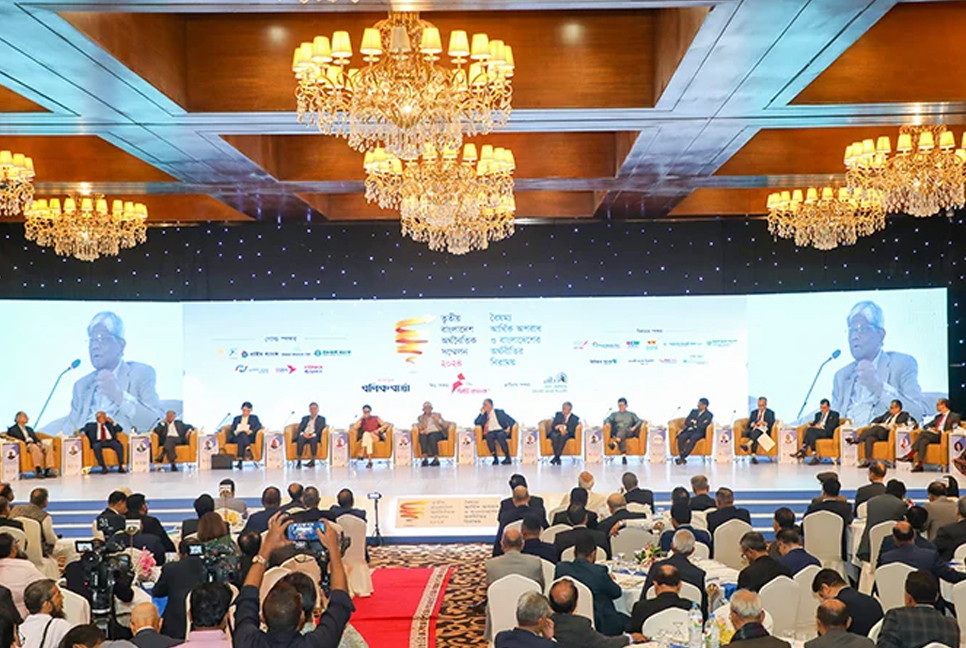
Photo - Collected
More News
Latest News
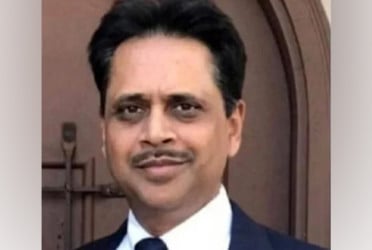
Sheikh Moinuddin joins as special assistant to road, transport, bridges ministry
21 hours ago | National